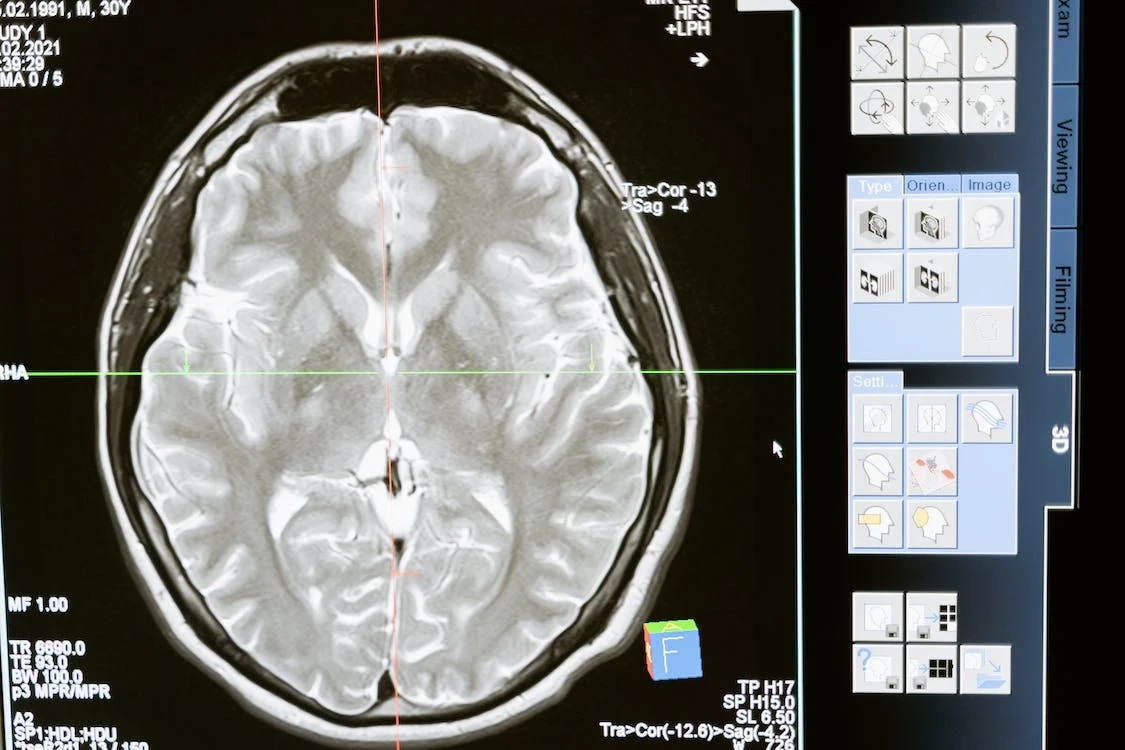3 Causes Of Age-Related Memory Loss
Memory loss is more common in old age due to many factors. Some are changes in the brain, chronic health conditions, and lifestyle factors. As you age, your brain undergoes structural changes, such as shrinkage in the hippocampus, which can affect memory formation and retrieval. Also, chronic health conditions, like diabetes and heart disease, can damage the brain and increase the risk of cognitive decline. Age-related hearing loss contributes too, so it's not surprising that 25% of 65 – 74-year-olds have it. Here are three likely causes of memory changes as you age.
1. Brain shrinkage
Did you know the brain reduces in volume as you age? Research has also indicated that after age 40, your brain shrinks by 5% every ten years. Indeed, certain genetic and lifestyle factors may accelerate the process. As this happens, your memory could be affected. Coming to terms with brain shrinkage in old age can be difficult, but it is important to understand that it is a normal part of the process. One way to manage it is to focus on what can be done to reduce the effects. Engaging in activities that promote brain health, such as regular physical exercise, a healthy diet, and mentally stimulating activities, can be helpful.
Also, managing underlying chronic health conditions, such as hypertension and diabetes, can help preserve brain health. In the meantime, you can talk to a healthcare professional or a therapist about your feelings and concerns. Support from friends and loved ones will also come in handy.
2. A decline in hippocampus function
When you age, some of your organs may not perform as effectively as before. These include the hippocampus, which is found in the brain and plays a key role in memory formation and retrieval. When you are younger, this part of the brain produces more cells that aid memory storage. When aging sets in, reduced neurobiological processes associated with advanced years begin. Indeed, this is a natural process you have no control over. In addition to the hippocampus, there is another contributing factor to memory loss. Neurotransmitters are brain chemicals primarily responsible for transmitting messages between neurons, which function as information messengers. After age 65, neurotransmitters become sluggish, which explains why apart from memory problems, an old person may struggle with concentration levels.
3. Hearing loss
Science has already established a link between hearing loss and age-related memory decline. The explanation offered by researchers is that the auditory cortex interprets sounds sent through the inner ear. If your hearing doesn’t function as before while you age, your brain tries to compensate for it. That is especially when your auditory cortex is not as effective as before. As a result, it inadvertently lets go of some crucial functions like memory storage, contributing to cognitive decline and memory loss in older persons. That explains why many people in their advanced years take several precautions in their hearing loss management. The longer you go without hearing aids, the more ineffective the auditory cortex becomes. Unless a specialist specifically recommends surgery, hearing aids are the best way to restore your ear health.
839GYLCCC1992





Leave a Reply